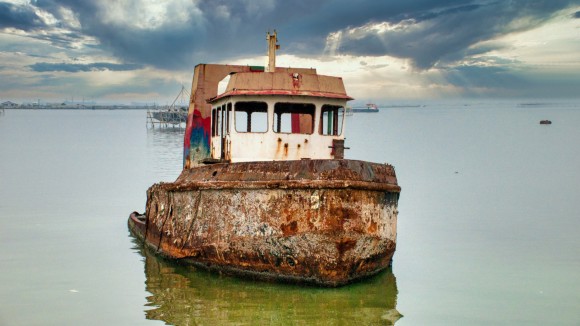All articles have undergone npj Materials Degradation's standard peer review process and have been subject to all the journal’s standard policies. This includes the journal’s policy on competing interests. The Editors declare no competing interests with the submissions which they have handled through the peer review process. The peer review of any submissions for which the Editors have competing interests is handled by another Editorial Board Member who has no competing interests.
If accepted for publication, an article processing charge applies (with standard waiver policy). If your institution or country has an open access agreement with Springer Nature, you may publish your article OA at no cost or in some cases with the costs partially funded (see details here).
All Collections are open for submissions from all authors – and not by invitation only – on the condition that the manuscripts fall within the scope of the Collection and of npj Materials Degradation more generally.
Manuscripts submitted to an open Collection may be considered unsuitable for inclusion, particularly if they fall outside the scope of the Collection. In such cases, the authors will be notified by the editorial office and their manuscript can be considered as a regular npj Materials Degradation submission.
npj Materials Degradation’s in-house editors reserve the right to assume responsibility for the management of a Collection at any stage.

